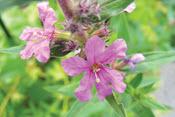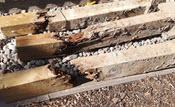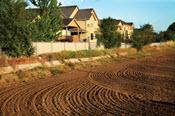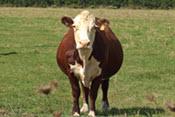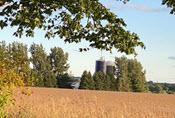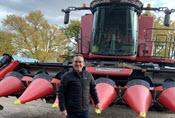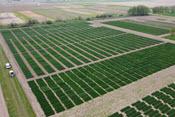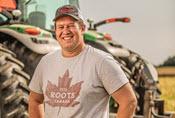High Speed Internet: Down Low on the Farm
Too many producers are without reliable service, putting them at a disadvantage.
By Becky Dumais
Farms are important businesses that run serious equipment, yet their rural location puts them at a disadvantage for securing a reliable, high-speed internet connection. What good are those technology-enabled systems if you can’t even get online? Simply having internet access is no longer enough; being restricted by a limited choice of providers or burdened with costly overages is also unacceptable.





